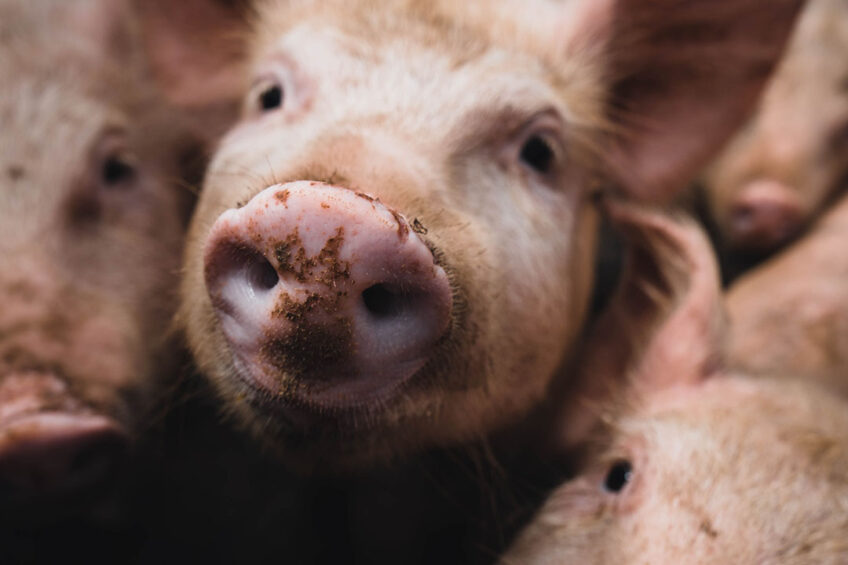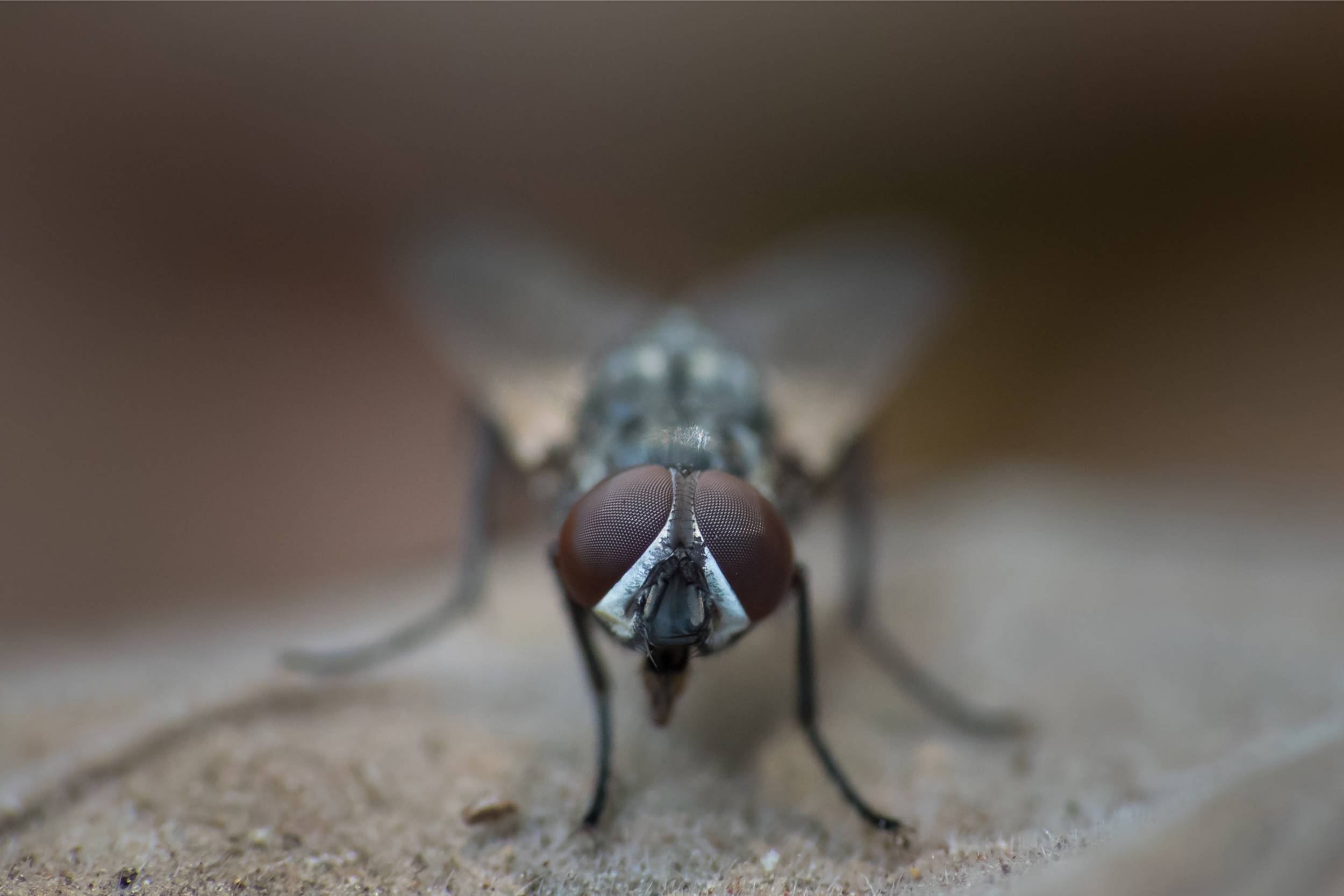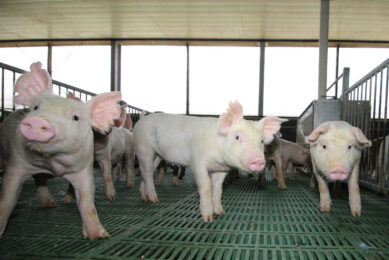ASF Vietnam: Experimental vaccine proves efficacy

A recombinant experimental vaccine candidate is able to induce protection against virulent Vietnamese African Swine Fever virus and is effective in protecting local breeds of pigs in Vietnam as efficiently as previously shown for European cross-bred pigs, announces a report recently released by the USDA.
Douglas Gladue, African Swine Fever senior scientist at the Plum Island Animal Disease Center of the United States Department of Agriculture’s (USDA) Agricultural Research Service has announced on LinkedIn: “Happy to announce advancements for our ASFv vaccine ASFV-G-ΔI177L, produced by our commercial partner NAVETCO, has been shown to be effective for both European pigs and pigs native in Vietnam protecting against the circulating Vietnamese ASFv strain.”
The USDA developed this experimental vaccine candidate, ASFV-G-ΔI177L by deleting the I177L gene from the genome of the highly virulent pandemic ASFv Georgia strain, which effectively protects pigs from the parental virus. In an article in the Journal of Virology, the research team explained the development: “The deletion of the virus-specific ASFv gene ‘A137R’ from the highly virulent ASFv-Georgia2010 (ASFv-G) isolate induces a significant attenuation of virus virulence in swine.”
ASFv vaccine candidate can be produced in a cell line
The USDA’s African Swine Fever virus vaccine candidate was adapted to grow in a cell line, which means that those involved in vaccine production will no longer have to rely on live pigs and their fresh cells for vaccine production. Read more…
First report showing efficacy in Asian pigs
“To our knowledge, this is the first report showing the efficacy of a Georgia 2007-based vaccine candidate in Asian breed of pigs or challenged with an Asian ASFv strain,” noted the researchers in the USDA report.
Initial studies were extended demonstrating that ASFV-G-ΔI177L is able to protect pigs against the virulent ASFv isolate currently circulating and producing disease in Vietnam with similar efficacy as reported against the Georgia strain.
A minimum dose protects European and Vietnamese pigs
Comparative studies performed using a large number of pigs of European and Vietnamese origin demonstrated that a minimum protective dose of 102 HAD50 of ASFV-G-ΔI177L equally protects animals of both breeds.
Furthermore, the onset of immunity in the pigs showed appearance of protection in approximately one-third of the animals by the second week post vaccination, with full protection achieved by the fourth week.
Vietnam develops an ASF vaccine. What is the context?
There is a good explanation why there is a big interest for further the development of an African Swine Fever vaccine in Vietnam. Read more…
Approval to begin field trials
Pig Progress chatted to Douglas Gladue and Manuel Borca, Foreign Animal Disease research microbiologist, to ask them how long this process has taken, and what the next steps are.
“In less than 6 months, the production and pivotal clinical studies were completed, and the submission of the regulatory dossier submitted to the Vietnamese National Center for Drug and Vaccine Quality Control,” said Gladue. Borca added that Navetco has received approval from the local department of health to begin field trials.
The report notes that the spread of African Swine Fever, which was originally detected in Republic of Georgia in 2007, has devastated the swine industry. In China and neighbouring countries in Asia, ASF has had significant economic consequences with an estimated direct cost of US$55-130 billion.
The researchers involved on this study who compiled the report are Tran Xuan Hanh, LRe Thi Thu Phuong, Nguyen Quang Huy, Do Thanh Thuy, Nguyen Van Dung, Cyril G. Gay, Manuel V. Borca, and Douglas P. Gladue.











